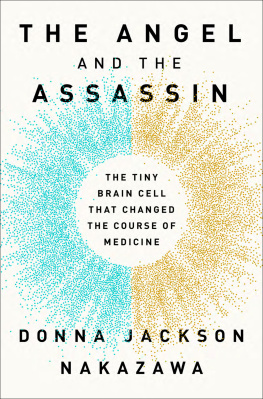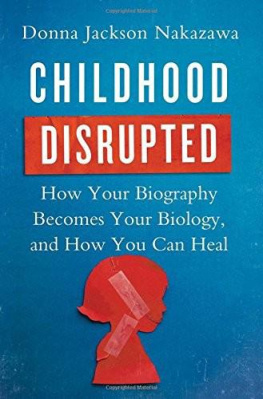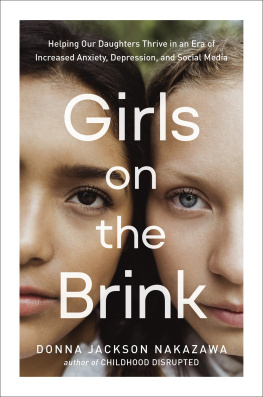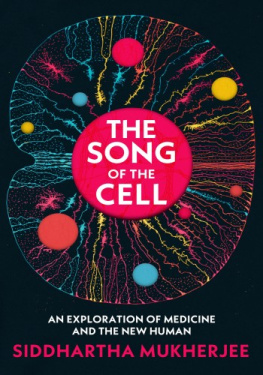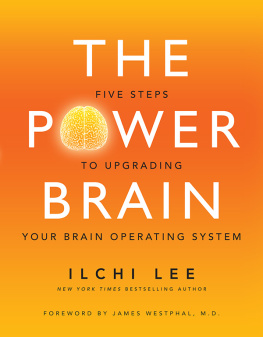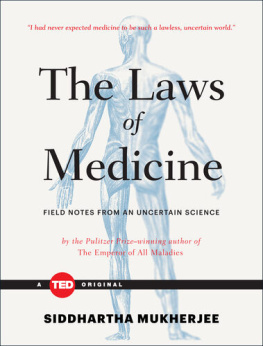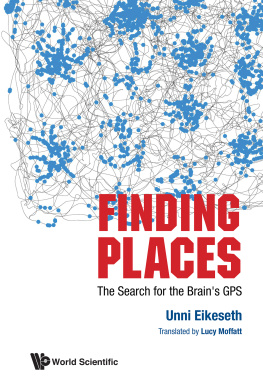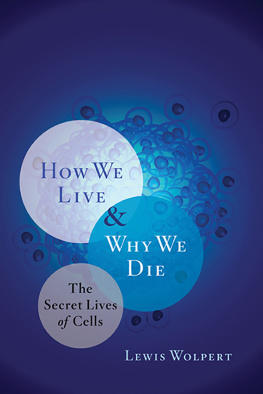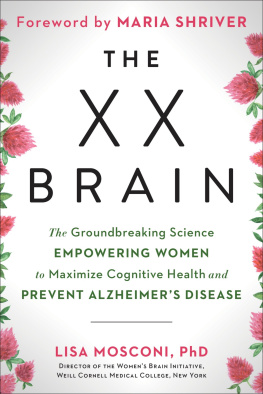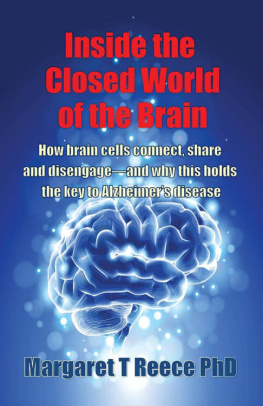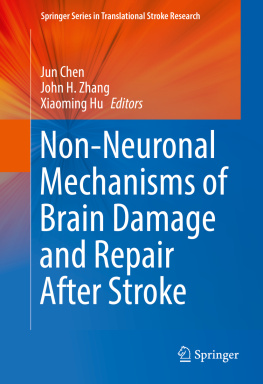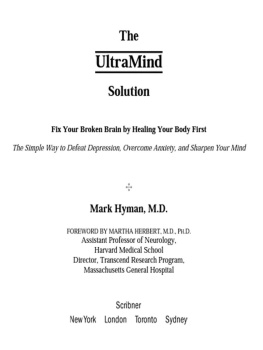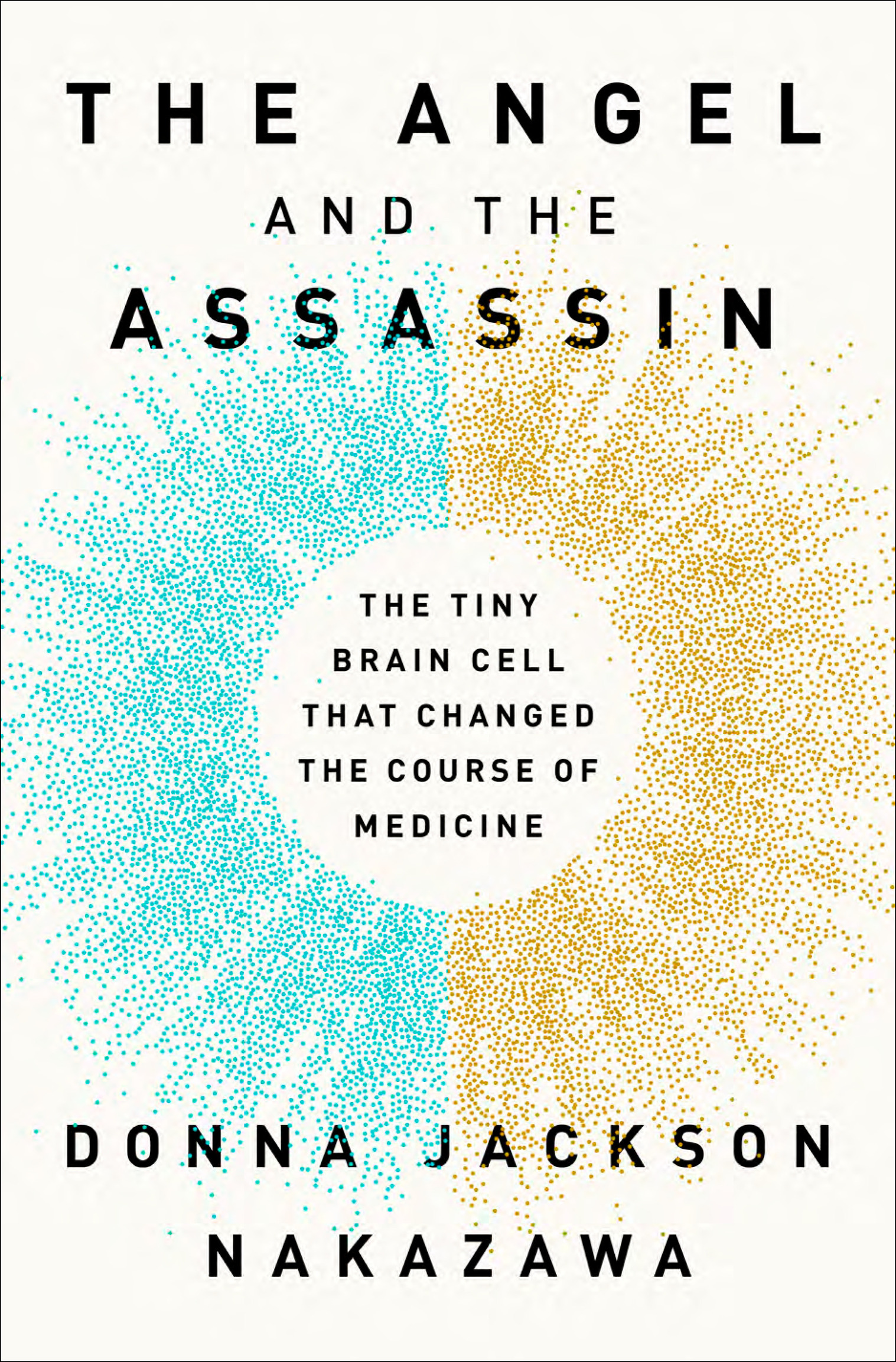Praise for The Angel and the Assassin
The Angel and the Assassin is a fascinating deep dive into unsung heroes (and villains) inside our skulls: microglia, immune cells in the brain implicated in everything from depression to Alzheimers disease to psychosis. This fast-paced investigation presents readers with a behind-the-curtain look at sciences quest to unlock the mysteries of these tiny moleculeswith huge ramifications for our understanding of brain health and illness. Donna Jackson Nakazawa has a journalists eye for a story, a scholars understanding of the research, and a patients appreciation for how high the stakes truly are.
S USANNAH C AHALAN , New York Times bestselling author of Brain on Fire
In a stunning show of precision and heart, Jackson Nakazawa offers a captivating, page-turning story of scientific discoveries that overturn centuries of medical dogma and fundamentally reshape psychiatry, medicine, and the treatment of mental and physical illnesses. The Angel and the Assassin offers extraordinary promise and heralds hope in a time of skyrocketing rates of microglial diseasesincluding depression, anxiety, Alzheimers, and addiction. It is paradigm-shifting reading for us all!
C HRISTINA B ETHELL , P H .D., M.B.H., M.P.H., professor of Child Health, Johns Hopkins Bloomberg School of Public Health
The Angel and the Assassin is the rarest of books: a combination of page-turning discovery and remarkably readable science journalism. Its a book both to savor and to share.
M ARK H YMAN , M.D., New York Times bestselling author of Food: What the Heck Should I Eat?
I can think of no topic more fascinating or exciting than microglia, the long-misunderstood brain cells whose power over brain health may hold the promise of cure for so many. The Angel and the Assassin is riveting, engaging, and visionary.
T ERRY W AHLS , M.D., author of The Wahls Protocol
Engagingly explained and excitingJackson Nakazawa puts forth a revolutionary new way of thinking about the brains immune system and its interactions with immune function in the rest of the body. She calls this the microglial universal theory of disease, and the research and emerging treatments based on it have the potential to prevent and relieve depression, anxiety, and Alzheimers disease, as well as diverse autoimmune disorders. Much of the information here was new to me and has made me more optimistic about the future of medicine.
A NDREW W EIL , M.D., New York Times bestselling author of Eight Weeks to Optimum Health and Healthy Aging
Understanding the capacity of microglia to both heal and harm the brain is one of the most exciting scientific discoveries in recent memory. Donna Jackson Nakazawa brings this heady story to colorful, page-turning, and accessible life. I have great hopes for the practical application of what she reveals.
A MY M YERS , M.D., New York Times bestselling author of The Autoimmune Solution
Few nonfiction writers can tell the tale of scientific inquiry so vividly that the reader can feel the excitement of discovery with every word. Donna Jackson Nakazawa is one of those writers, and this book tells the tale of one of the most intriguing and groundbreaking discoveries in all of medicine. The tiny brain cell that forms the center of her story will one day affect all of our lives and the lives of our families, and will transform the way mental illness and the ravages of aging are treated.
S HANNON B ROWNLEE , senior vice president, Lown Institute, and author of Overtreated: Why Too Much Medicine Is Making Us Sicker and Poorer
The Angel and the Assassin introduces us to the smallest cells in our brainsmicrogliaand compellingly explains startling new discoveries about them that not only change how we think about human sufferingin the form of medical, neurological, and psychiatric disorders from depression and anxiety to Alzheimers diseasebut also have the potential to impact how we understand our minds. Donna Jackson Nakazawa is a powerful storyteller and an expert journalist; her inspiring account of these revolutionary insights will provide a game-changing view of health for generations of researchers, clinicians, and citizens for years to come. As a psychotherapist, psychiatrist, physician, scientist, and educator, I find something in this book to meet each of these roles wildest dreams. Bravo!
D AN S IEGEL , M.D., clinical professor, UCLA School of Medicine, and executive director of the Mindsight Institute
The Angel and the Assassin is one of those astonishing medical yarns that you almost cant believe: how the power of this tiny cell was so long overlooked, how integral it has become to our understanding of neuroscience and immunology, how it has transformed the most basic ideas of who we are as humans. The book is especially essential reading for women, who face depression, Alzheimers disease, and autoimmune disorders at higher rates than men.
P EGGY O RENSTEIN , author of Girls & Sex: Navigating the Complicated New Landscape
The Angel and the Assassin is a captivating look at the new science altering our understanding of a range of conditions that affect women especiallyfrom depression and anxiety to Alzheimers disease and chronic pain. Upending centuries of mind-body dualism in Western medicine, this book is a powerful reminder that so much of human physiology is still a mystery.
M AYA D USENBERY , author of Doing Harm: The Truth About How Bad Medicine and Lazy Science Leave Women Dismissed, Misdiagnosed, and Sick
The Angel and the Assassin is a must-read for everyone interested in the new science of brain health. Get ready to make friends with your microglia.
L OUANN B RIZENDINE , M.D., author of The Female Brain and The Male Brain
We are in a new era of brain health, one that holds new possibilities for protecting and repairing the brain. For the field of psychiatry in particular, our ability to identify and treat neuroinflammation is set to be a real game-changer. Donna Jackson Nakazawa eloquently captures these impactful advances. The Angel and the Assassin is an impressive, inspiring, and a timely call to arms.
S USANNAH T YE , P H .D., director of Mayo Clinics translational neuroscience laboratory and senior research fellow, Queensland Brain Institute
The Angel and the Assassin is a provocative and eloquent account of cutting-edge research that proves the intimate connection between mind and body and that has the capacity to transform our thinking about traumatic stress syndromes, addiction, depression, and dementia. The book not only provides hope and a way forward for many who have suffered greatly, but also sets the stage for a paradigm shift for clinicians and researchers in the decades to come.
R UTH L ANIUS , M.D., P H .D, professor of psychiatry, Harris-Woodman Chair in Mind-Body Medicine, and director of the Posttraumatic Stress Disorder Research Unit at the University of Western Ontario, and coeditor of The Impact of Early Life Trauma on Health and Disease
Donna Jackson Nakazawa has written a deft scientific story about microglia, the Cinderella cells of the brain. It turns out that microglia, once thought to be simple housekeepers, may have a starring role in a range of disorders from depression to dementia. Revealing the breakthroughs that give us a new view of the brain as an immune-system organ, Jackson Nakazawa also explains the possible translations of the science into solutions for brain disorders, health, and disease.

